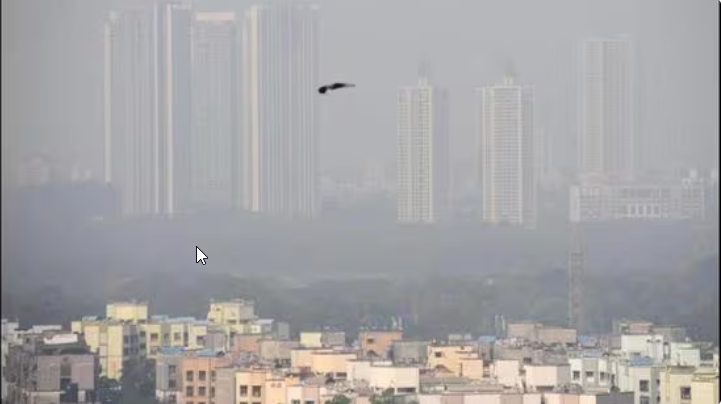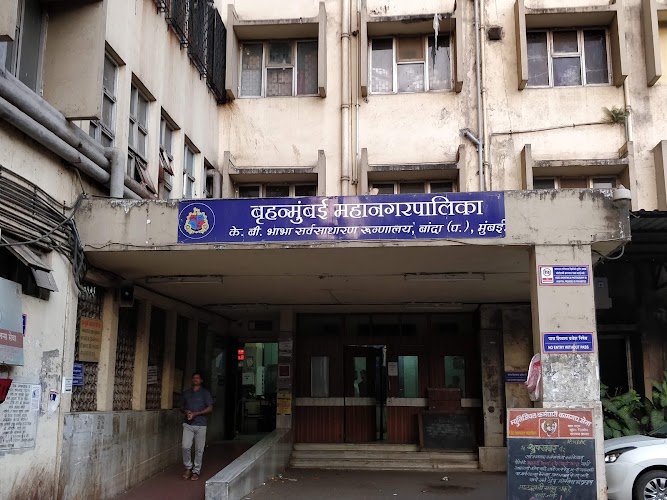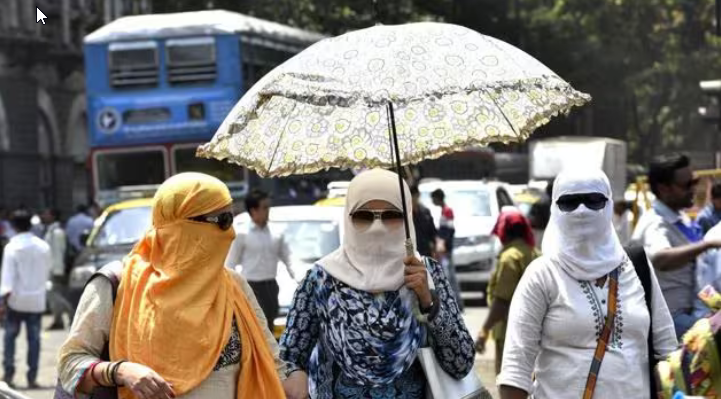An ongoing coronavirus episode in Beijing planted feelings of trepidation of the second flood of contaminations in China, yet authorities seem to have beat back the illness with another focused on system.
Specialists didn't rehash the radical across the nation shut down seen when the infection previously spread from Wuhan not long ago.
Rather, they closed a predetermined number of homes and concentrated on mass testing, in the long run, screening the greater part of the capital's 21 million individuals.
This methodology appears to have paid off, with announced cases tumbling to single digits every day by early July and zero in the previous three days.
Here is a gander at how China managed the new flare-up:
- How did the flare-up start?
China put forth an admirable attempt to secure its capital at the stature of the pandemic, diverting approaching trips to different urban communities and expecting guests to experience isolate and infection tests.
In any case, by early June, with only a bunch of dynamic cases the nation over, Beijing had loosened up huge numbers of its limitations and local people were not, at this point made to wear veils outside.
The rise of another patient on June 11 stunned the city.
The greater part of the 335 ensuing cases was followed to the rambling Xinfadi discount advertise in southern Beijing, which was quickly shut.
A huge number of individuals were put under isolate and 11 million individuals were tried for the infection.
The city restricted outbound travel by inhabitants living in danger zones and expected others to show negative COVID-19 test brings about the request to leave.
Specialists are as yet researching the reason for the episode, yet early tests discovered hints of the infection on a slicing board at Xinfadi used to process imported salmon.
- How has China's treatment of the pandemic developed?
After the infection initially started to spread from Wuhan, China forced an exacting lockdown of the city and encompassing the Hubei region in January that bound about 60 million individuals to their homes.
In any case, in a month ago's episode, Beijing utilized what city specialists called "exact control" to secure local locations in each area in turn.
All food and drink laborers over the city were required to take infection tests and a few bars were requested to close.
Most shopping centers and cafés in parts of the city where no cases had been identified were permitted to stay open, in any case.
The city concentrated on following and quickly separating each and every individual who had possibly been presented to the infection.
Volunteers went entryway to entryway over the city, inquiring as to whether they had been in contact with individuals who may have been presented to the infection.
The following took on a tragic tone now and again.
A few occupants were requested to take infection tests after specialists utilized surveillance camera film of their vehicle tags to establish that they had been close to the market.
Hence and others, Beijing is probably not going to fill in as a model for different nations managing their own second-wave flare-ups.
"No one has the assets, capacities, assurance, and money related capacity, and obviously social capital, to do this aside from China," Leong Hoe Nam, an irresistible illness pro at Singapore's Mount Elizabeth Novena Hospital, told AFP.
- Is this the 'new typical'?
China's economy was hit hard by the lockdowns acquired to check the underlying spread of the infection.
That has made the nation's socialist government careful about one-size-fits-all shutdowns like the ones it forced not long ago.
"The nation is probably not going to return to old ways except if there is an increasingly genuine flare-up," IHS Markit senior business analyst Yating Xu told AFP.
Indeed, even at the pinnacle of the most recent episode, Beijing authorities abstained from shutting the city's visitor destinations and inns.

 Authorities did not repeat the drastic nationwide shutdown seen when the virus first spread from Wuhan earlier this year.
Authorities did not repeat the drastic nationwide shutdown seen when the virus first spread from Wuhan earlier this year.



















.jpeg)



.jpg)




.jpg)





.jpeg)

.jpg)


